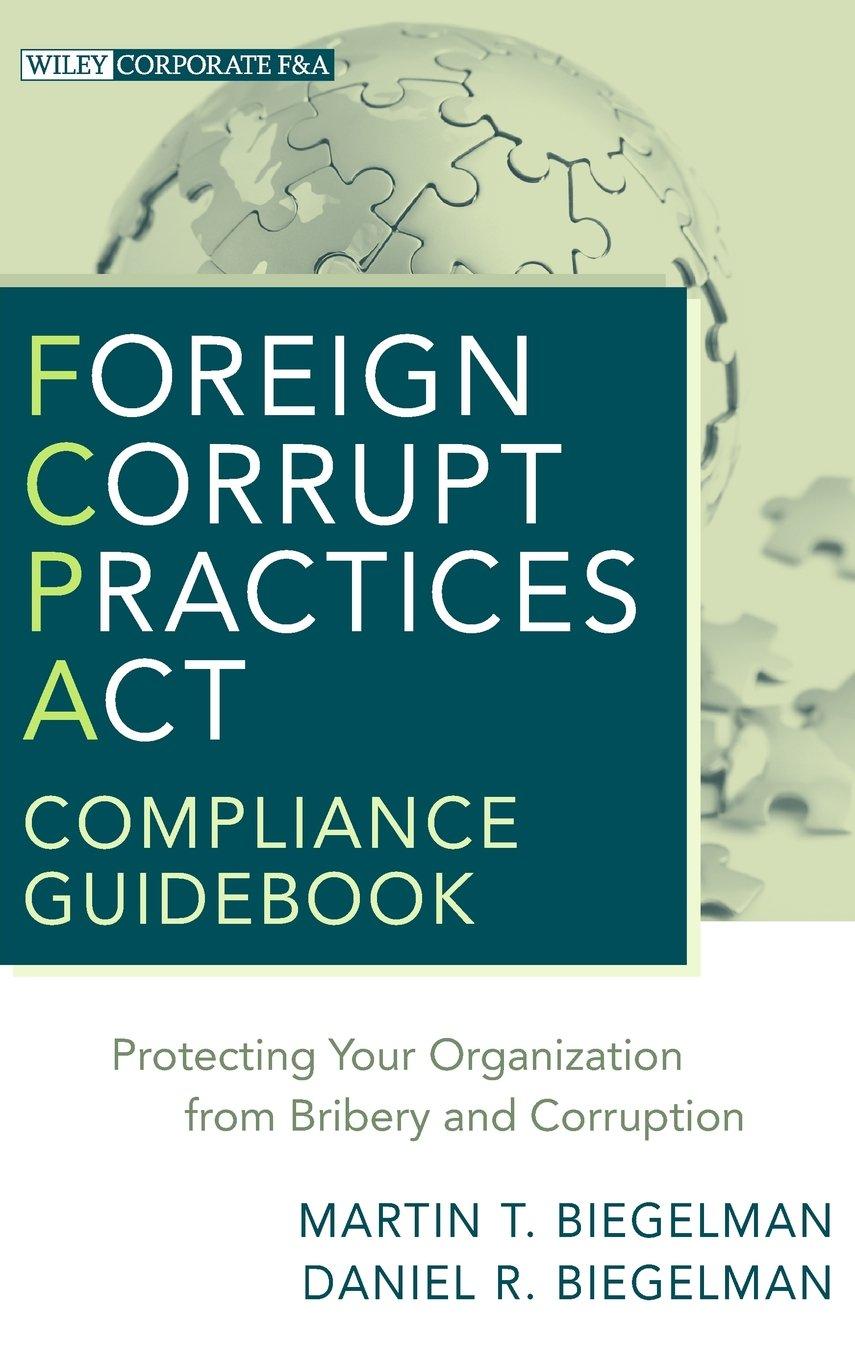Question
A subsequent event is one that occurs after the date of the financial statements (i.e., December 31, 2013) but prior to the auditor having dated
A subsequent event is one that occurs after the date of the financial statements (i.e., December 31, 2013) but prior to the auditor having dated (or possibly issued) the audit report (i.e., March 15, 2014). One type of subsequent event is where additional evidence becomes available before the statements have been issued that sheds light on certain estimates previously made in the statements. A good example is additional evidence about the collectability of a receivable that relates to its valuation in the December 31, 2013, financial statements but is not uncovered until January 31, 2014. Why is it important from an auditing perspective that an auditor be required to adjust the financial statement amounts for some material subsequent events? If an auditor fails to live up to this standard, what is the potential liability exposure for the auditor?
Step by Step Solution
There are 3 Steps involved in it
Step: 1

Get Instant Access to Expert-Tailored Solutions
See step-by-step solutions with expert insights and AI powered tools for academic success
Step: 2

Step: 3

Ace Your Homework with AI
Get the answers you need in no time with our AI-driven, step-by-step assistance
Get Started


